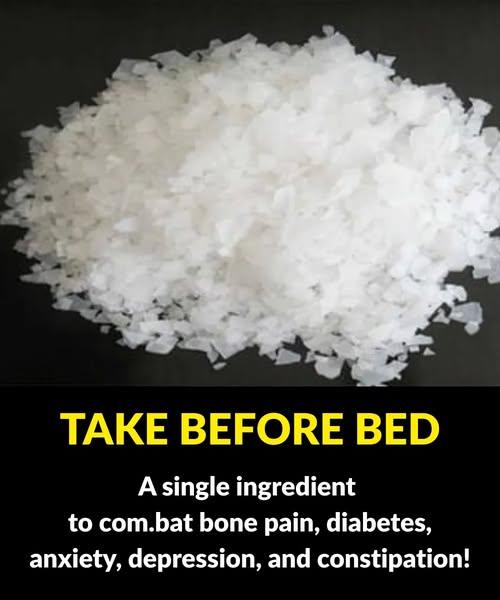How to Use Magnesium for Mental Health:
- Recommended Form: Magnesium threonate (crosses the blood-brain barrier effectively).
- Dosage: 200–400 mg/day, preferably taken in the evening to support relaxation and sleep.
- Lifestyle Tips: Combine with mindfulness or breathing exercises to enhance calming effects.
- Important: Avoid caffeine and alcohol excess, which can deplete magnesium.
4. Constipation and Digestive Issues
Magnesium acts as an osmotic laxative by pulling water into the intestines, which softens stools and promotes bowel movements. It also relaxes the muscles of the digestive tract, helping relieve constipation naturally.
How to Use Magnesium for Constipation:
- Recommended Form: Magnesium oxide or magnesium citrate.
- Dosage: 400–500 mg at night, only as needed. Start with a smaller dose to test tolerance.
- Caution: Do not use magnesium laxatives for more than a few days consecutively without medical supervision.
- Diet Tips: Stay hydrated and consume fiber-rich foods like oats, vegetables, and prunes.
How to Know if You Are Magnesium Deficient
Common symptoms of magnesium deficiency include:
- Muscle cramps or spasms
- Fatigue or low energy
- Headaches or migraines
- Insomnia
- Tingling or numbness
- Anxiety or mood swings
- Irregular heartbeat
If you experience multiple symptoms, a simple blood test can confirm low magnesium levels.
Precautions and Final Tips

Continued on next page:
ADVERTISEMENT


